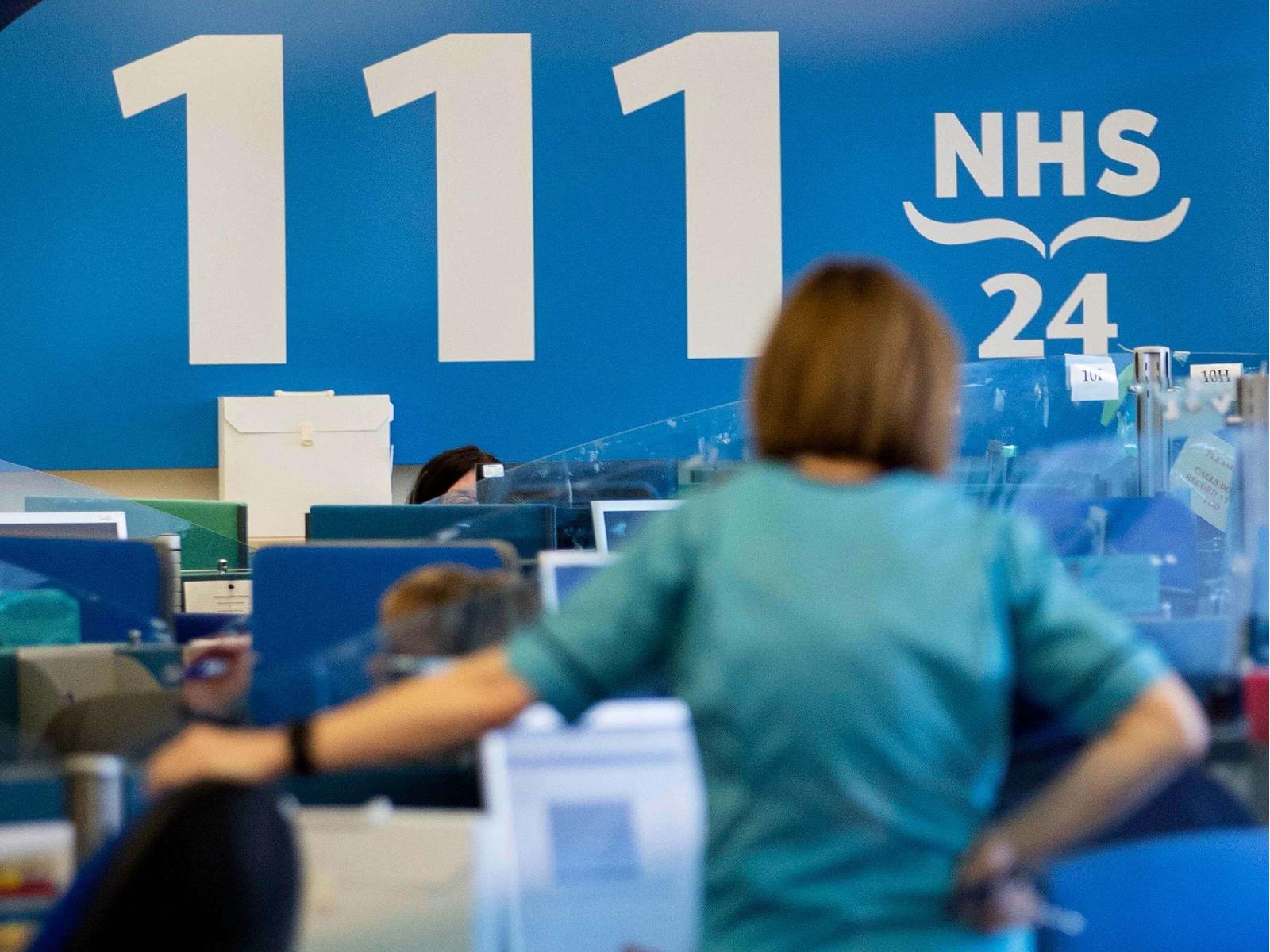The largest research study into the impact of Covid-19 on the mental health of healthcare workers (HCWs) in the UK revealed a 300% increase in those suffering from the highest levels of stress, anxiety and depression during the first wave of Covid-19, compared to before the pandemic.
The ground breaking study, led by Dr James Gilleen at the University of Roehampton and published in the British Journal of Psychiatry Open, surveyed 2,773* workers across all levels of the NHS from 52 UK NHS trusts, shortly after the first peak of the pandemic in April and May 2020.
It showed that shortly after the peak of Covid-19, over 21% of HCWs reported high levels of depression compared with 5% pre-Covid-19, a rise of more than 300%. Similarly, high levels of anxiety and severe stress more than quadrupled, with severe levels of anxiety rising from 8% to 36% and severe stress jumping from 11% to 46% compared with before the first wave of the pandemic in 2020.
Lack of Personal Protective Equipment (PPE) and pressure to work without suitable protection, as well as inadequate preparation for a pandemic and poor communication about and training for Covid-19 were found to be significantly associated with NHS healthcare workers having the most severe levels of mental health symptoms.
Being female, a frontline worker, being young, and being a manager were also significantly associated with severe psychiatric symptoms. Female HCWs were more likely than their male counterparts to suffer from high anxiety (35% vs 24%), depression (29% vs 22%) and stress (20% vs 11%).
A greater number of frontline workers compared to non-frontline workers reported high symptoms of depression (31% vs 25%), anxiety (39% vs 27%), and stress (21% vs 15%) and were more than twice as likely to have severe post-traumatic stress disorder (PTSD) symptoms.
HCWs from ethnic minority backgrounds had 50% greater risk of having high PTSD symptoms. They were also significantly more worried about lack of PPE, getting ill or dying from the virus and about contracting Covid-19 at work compared with non-ethnic minority HCWs.
More from News
- How Are Smartphones Helping People Prepare For Earthquakes?
- Experts Share: Is Reddit’s Age Verification In The UK A Privacy Risk?
- 1ST Airport Taxis Expands to UAE: Launching Operations in Dubai and Abu Dhabi From September 2025
- OpenAI Introduces New AI Tool, ChatGPT Agent
- Louis Vuitton UK Faces Serious Data Breach Amid Retail Attacks
- How Much Electricity Will AI Need By 2030?
- Small Business Owners Say They’re Worse Off Than During Covid, Here’s Why
- Reddit Will Now Have Age Verification Checks For Users In The UK
Being single was also a contributing factor in the rise of mental health disorders, with 37% single HCWs reporting to be suffering from high depression symptoms compared to only 26% of those who were married or in a relationship.
HCWs who had experienced a personal loss due to Covid-19 had a 70% increased risk of high anxiety and depression and 150% increased risk of high PTSD. The additional experience of being asked by patients if they were going to die was associated with a 35-45% increased risk of having high anxiety and depression and 110% increased risk of having high PTSD. Having colleagues with Covid-19 tripled the risk of having high PTSD symptoms.
Performing resuscitation was also associated with 70% greater risk of having high anxiety and 125% great risk of high PTSD symptoms. In spite of the extreme difficulties faced on a daily basis, their own mental health was rated as one of the lower concerns for all HCWs.
Working in London was associated with a lower risk of anxiety and depression, with possible reasons being better-resourced healthcare settings, being more accustomed to stress from city living, and London NHS workers being less pressured to reuse PPE.
Overall, being in a managerial position was also associated with worse mental health including being over five times more likely to report high PTSD symptoms – possibly due to additional pressures and the rapid changes the pandemic brought to their workplace.
On the other hand, being able to share stress at work was associated with a 30-40% reduced risk of having high psychiatric symptoms.
Dr James Gilleen, lead researcher and Senior Lecturer in the Department of Psychology at the University of Roehampton, said: “This research is critical in providing the clearest picture yet on the traumatic psychological effects of the Covid-19 pandemic on the UK’s healthcare workers. While we’re not entirely shocked to discover that all mental health indicators deteriorated among HCWs, the extremely sharp increase in those that experienced severe symptoms of stress, anxiety, depression and PTSD is unprecedented and a serious cause for concern for NHS staff wellbeing. Our results clearly show that mental health disorders are on a staggering rise and urgent action is needed to provide our healthcare workforce with the support, resources and management they need.
“When compiling this research, we also wanted to go a step further and identify the critical reasons behind the impact of Covid-19 on the mental health of HCWs. By learning that a lack of PPE, inadequate pandemic preparedness as well as poor training and up-to-date information on Covid-19 clinical practice are all primary factors associated with the most severe cases of mental health issues, we can hopefully help both the NHS and the UK government not only to address the urgent need for mental health support for HCWs, but also ensure that the same issues are not repeated in future waves of Covid-19 and other pandemics. The study findings point to clear recommendations to achieve this.”
*A total of 2,733 healthcare workers took part in the study. Of these 2,365 were women and 342 from ethnic minority backgrounds. The sample broadly reflected composition of NHS workforce in terms of female to male ratio (85% versus 77% in the NHS) and from ethnic minorities (13% vs NHS 19%) indicating that the data are largely representative.



